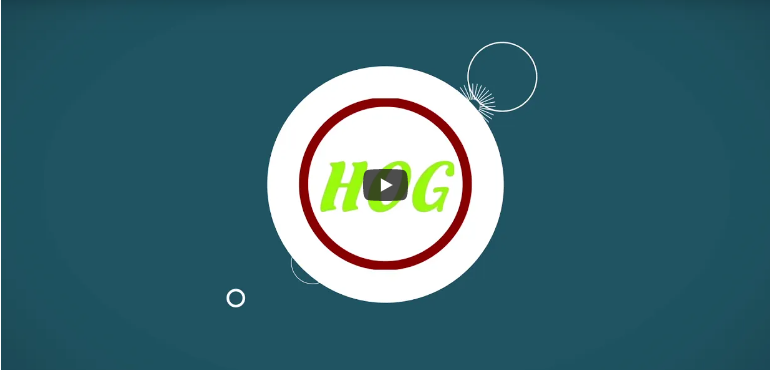Navigating the complexities of building maintenance in New York City can be daunting, especially when it comes to ensuring the safety and compliance of your structure's parapet walls. Regular inspections of parapets, mandated by Local Law 11/98 (also known as the Façade Inspection and Safety Program, or FISP), are essential for maintaining the integrity of buildings taller than six stories. Hiring the right professional for these inspections is crucial. This guide will help you understand the steps and criteria for selecting a qualified inspector.
Understanding the Role of a Qualified Exterior Wall Inspector (QEWI)
A Qualified Exterior Wall Inspector (QEWI) is a licensed professional engineer or registered architect with the expertise to conduct thorough inspections of building façades, including parapets. Their role is to identify any potential issues and ensure that buildings comply with NYC's stringent safety regulations.
Steps to Hire the Right Professional
1. Verify Qualifications and Licenses
- Professional License: Ensure the inspector holds a valid professional engineering (PE) or registered architect (RA) license. These credentials demonstrate their technical competence and adherence to industry standards.
- FISP Experience: Look for professionals with specific experience in façade inspections under Local Law 11/98. Their familiarity with FISP requirements will ensure a comprehensive and compliant inspection.
2. Check Credentials and Reputation
- References: Ask for references from previous clients. A reputable inspector should be willing to provide testimonials or case studies of past work.
- Professional Associations: Membership in professional organizations such as the American Society of Civil Engineers (ASCE) or the American Institute of Architects (AIA) can indicate a commitment to ongoing education and industry standards.
3. Assess Technical Expertise
- Inspection Techniques: Inquire about the inspection techniques and tools they use. Modern methods like drones, binoculars, and scaffolding can enhance the thoroughness and accuracy of the inspection.
- Probing and Testing: Ensure the inspector is capable of conducting in-depth assessments, including probes and material testing, if necessary.
4. Evaluate Communication Skills
- Clear Reporting: A good inspector should provide clear, detailed inspection reports, categorizing the façade as Safe, Safe with a Repair and Maintenance Program (SWARMP), or Unsafe.
- Responsiveness: Assess their responsiveness and willingness to answer questions. Effective communication is essential for understanding the inspection findings and necessary actions.
5. Consider Costs and Contracts
- Transparent Pricing: Obtain detailed quotes from multiple inspectors. Ensure that the pricing includes all aspects of the inspection, from preliminary assessments to the final report submission.
- Contract Terms: Review the contract terms carefully. It should outline the scope of work, timelines, payment terms, and any additional services such as follow-up inspections or consultations.
6. Review Past Work and Case Studies
- Portfolio: Ask for a portfolio of completed projects. This can provide insights into their experience with similar buildings and the complexity of issues they have handled.
- Case Studies: Reviewing case studies or detailed project descriptions can give you a better understanding of their problem-solving abilities and attention to detail.
7. Ensure Compliance with Local Laws
- Regulatory Knowledge: Verify that the inspector is well-versed in NYC's building codes and regulations, including Local Law 11/98. This ensures that the inspection will be compliant with all legal requirements.
- DOB Submissions: Confirm that the inspector has experience submitting Façade Inspection Reports to the NYC Department of Buildings (DOB). Proper and timely submission is crucial for compliance.
Red Flags to Watch Out For
- Lack of Experience: Be cautious of inspectors with limited experience or those who cannot provide references.
- Poor Communication: Inspectors who are unresponsive or vague in their communication may not provide the level of detail and clarity needed for effective maintenance planning.
- Hidden Costs: Beware of inspectors who do not provide transparent inspection price NY or try to add unexpected charges after the inspection begins.
Conclusion
Hiring the right professional for NYC parapet inspections is critical to ensuring the safety, compliance, and longevity of your building. By verifying qualifications, checking credentials, assessing technical expertise, and reviewing past work, you can select a qualified inspector who will conduct thorough and compliant inspections. Clear communication, transparent pricing, and adherence to local laws are key factors in making the right choice. With the right inspector, you can maintain the structural integrity of your building and contribute to the safety and beauty of New York City's iconic skyline.
Author bio:
























